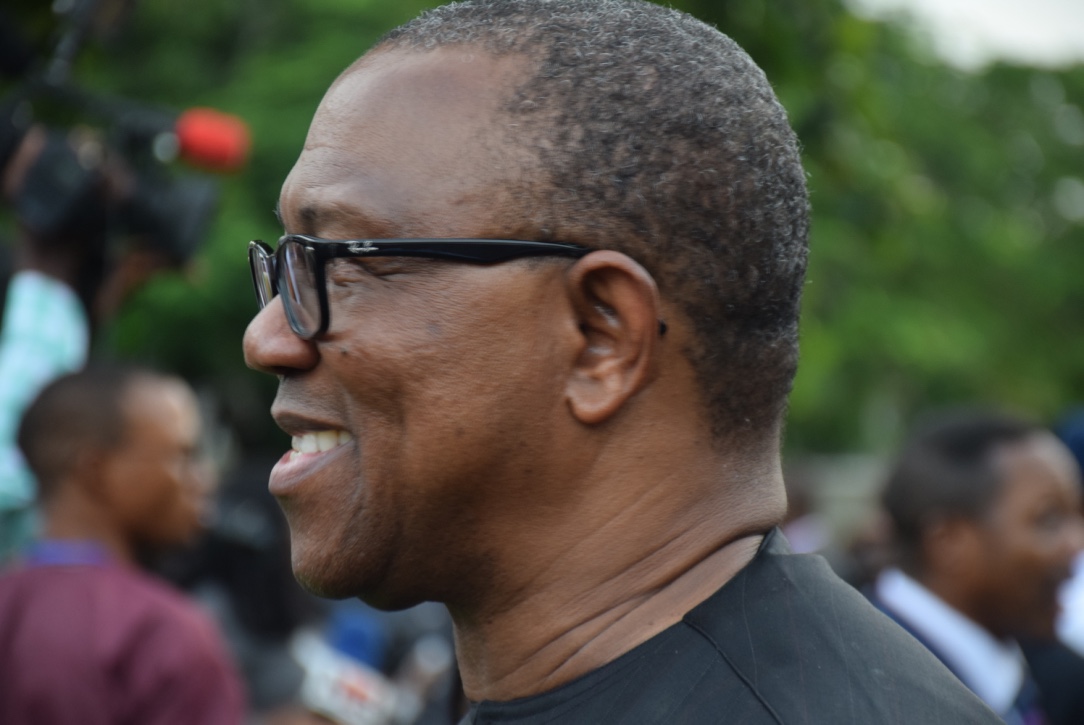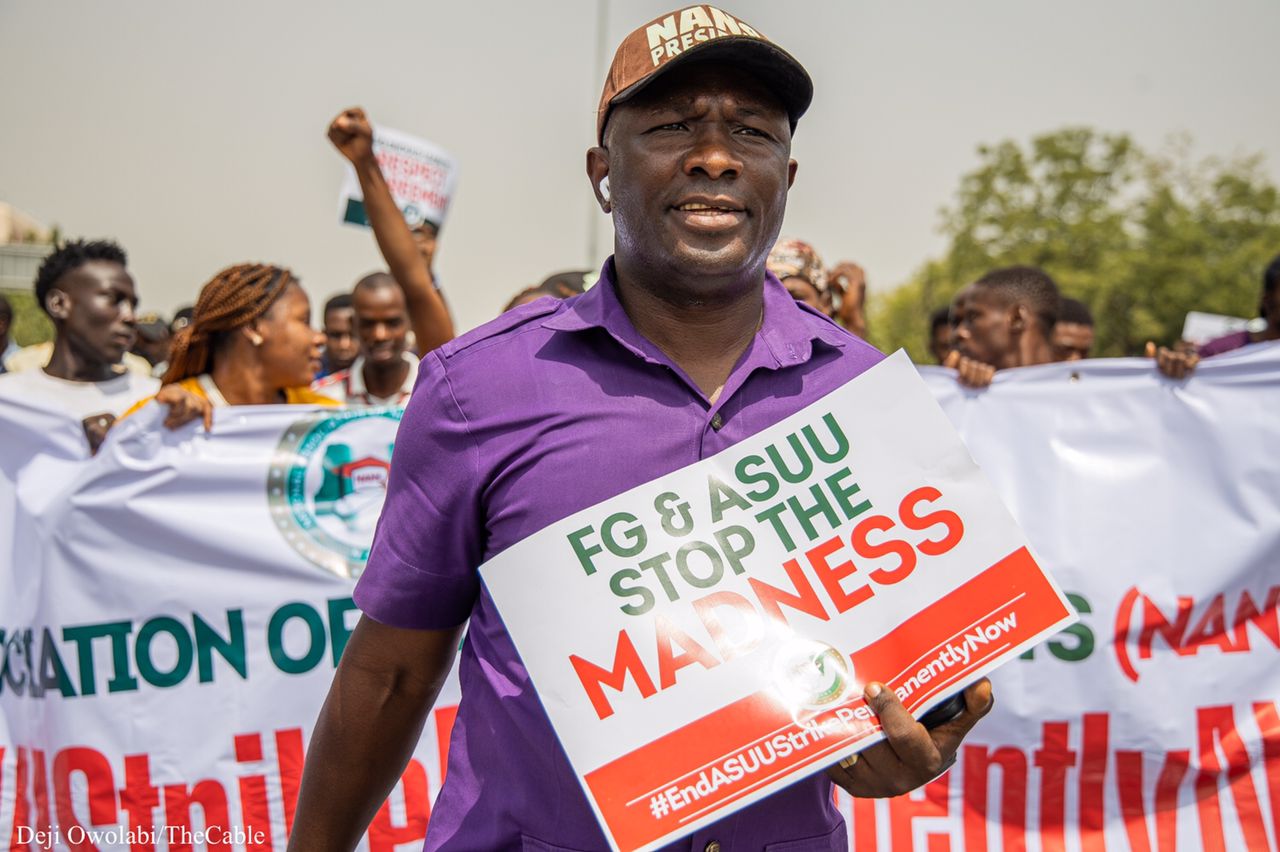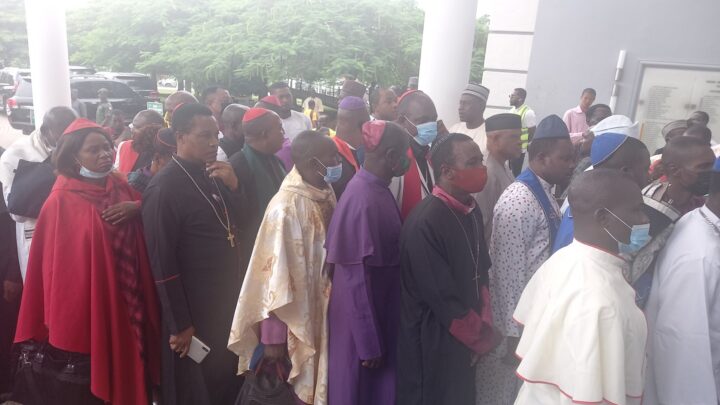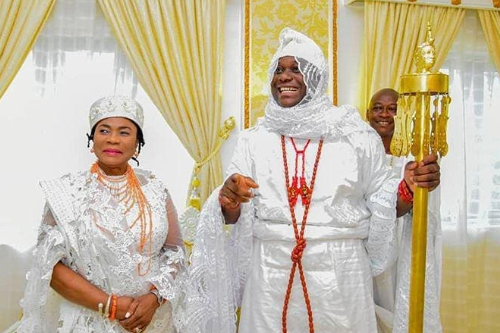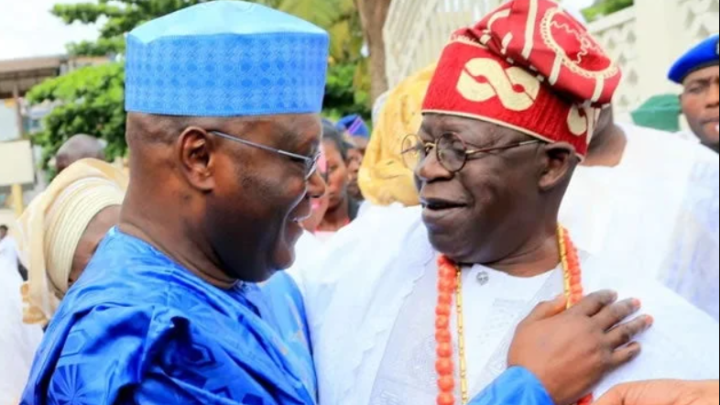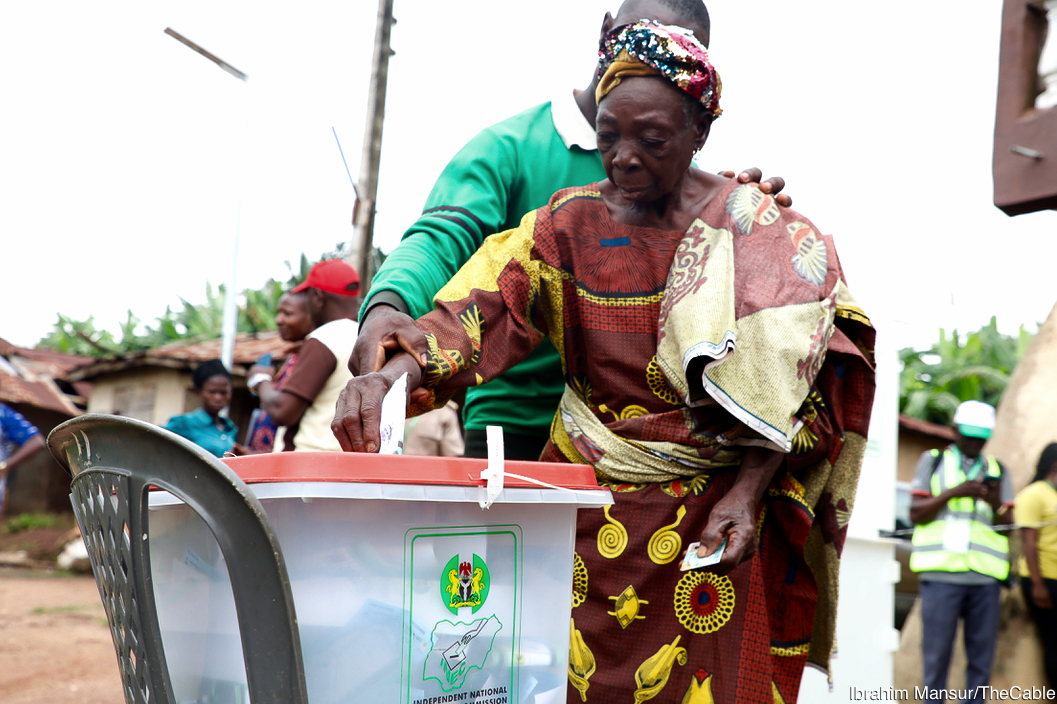Even though she didn’t appear to be on an evangelical mission, award-winning writer, Chimamanda Adichie, added her voice to Peter Obi’s political support project on Tuesday.
It was Obi’s 61st birthday and as someone who has seen Obi’s humanity in private and public, she gave an alluring testimony of this man, who aspires to rule Nigeria. Adichie’s clout as a writer and advocate for women’s rights could earn Obi some converts.
But Obi, who is the presidential candidate of the Labour Party, also reasonably vindicates himself. When you listen to him, it is hard not to get the impression that Nigeria has found its man at last. Obi seems to have all it takes to be the President of a 21st century Nigeria, and at least, set the pace for taking the country out of the path of self-destruction that it has travelled on forever.
I argue that anyone who would lead Nigeria into transformation must have the know-all, (deep knowledge of what to do, and will do to it), a compassionate heart, and a pan Nigerian mindset (which understands that no constituent part of this country is superior and that fairness to all is critical to national development). Anyone with these competencies will be in a good place to tackle the socio-economic challenges that plague Nigeria.
Advertisement
Obi ticks all these boxes. He is consistent about his determination to cut the cost of governance, unite the country, put the youth to work, put food on the table, and make Nigeria a more productive country. It is hard to take anything away from the former Anambra state governor’s grasp if Nigeria must remain a country of reckoning post-2023. The man is a welcome breath of fresh air in Nigeria’s political space.
Yet, it is not the first time you would have people with Obi’s kind of discontent, if not hatred for the status quo in politics. Think of the late Chief Gani Fawehinmi who loved Nigerians so much that he became known as senior advocate of the masses long before he gained the elite status of the legal profession as a Senior Advocate of Nigeria (SAN). Fawehinmi travelled across the length and breadth of Nigeria representing the oppressed who could not afford legal representation on his bill. But when he stood for Nigeria’s presidency in 2003, he lost abysmally.
More recently, there was Kingsley Moghalu, an urbane political economist, who is as savvy as Obi. Yet, his Young People Party (YPP) candidacy in the 2019 elections, said to have had the tacit support of Nobel Laureate Prof Wole Soyinka, and then, Emir of Kano, Sanusi Lamido Sanusi, failed. This goes to say that good intention, savvy, and endorsements by influencers are not enough to actualise political ambition. If they were, Nigeria would have had a different trajectory since independence.
Advertisement
But Obi’s supporters argue that his case is different. In the days after his exit from the Peoples Democratic Party, a groundswell of support rose for him on social media. This support base is as confident as it is not entertaining of views that suggest that an Obi victory requires more than this social media movement.
People have argued that Nigerian youths, who form the bulk of Obi’s social media supporters, are transiting from the social media to form physical alliances in support of his candidacy. Now, that looks promising until we consider the fact that there is no homogeneity amongst Nigerian youths. We can look at this from two fronts.
One is the extension of Nigeria’s general ethnic/religious conflict. While most of the youths who have rock-solid confidence in Obi’s ability to win the elections are from the South, can they be sure that the preponderance of youthful voters in the North are drawn by the same sentiments that make Obi an attraction? In other words, do youths all over Nigeria want the same thing for the country? And even if, and when they do, are they unanimous about the methodology?
The second part of it is that amongst this demography are some who are guided by no other principle than their pockets. I’m speaking of young people whose god is money. And they cut across the North and South.
Advertisement
Last week, Okikiola Habeeb, otherwise known as Portable, showed us this. Reacting to criticisms about his choice of performing at the campaign of the All Progressives Congress in Osogbo on Wednesday, the generally unfiltered musician said it was all about money. So, it was not a matter of principle but economic expediency for him. And true to his confession, he was there congratulating the man who defeated his client after the election.
So, there are youths with a warped idea of what constitutes success; who would do anything for money and would not consider an Obi candidacy unless deliberate and persistent efforts at winning them over are made.
And those making these efforts cannot assume some judgemental pedestal and talk down on those who don’t see things their way. The fact that you think you have the right perception of Nigeria’s current needs, doesn’t mean that those on the other side are wrong. It is a matter of perspective, or sometimes, capacity to understand the true state of things. This incapacity has been imposed by the failure of the state. The mobilisation required on this front, therefore, requires a lot of humility, even empathy, sometimes.
Obi’s candidacy also relies on the Nigerian worker for victory. As persuasive as it is that members of the Nigerian Labour Congress and Trade Union Congress are enough to return Obi as President in next year’s elections, it is not foolproof. The unions and their affiliates cannot compel members to vote, to start with. Secondly, religious, ethnic, and economic considerations will determine who a lot of workers will vote for.
Advertisement
When the Spiritual Director of Adoration Ministry, Enugu, Father Ejike Mbaka, said Peter Obi was stingy, Nigerians missed the imagery embedded in that opinion.
It may have passed as distributing money during elections like most politicians do but there is a deeper meaning. Nigerians have a paternalistic idea of government such that they picture a politician’s frugal or generous disposition as indicative of the level of prosperity to expect from his tenure. So, you hear people talking about the government not “releasing” money. The understanding of government and governance here is unfortunately as banal as this, and it will take a lot of effort to change it.
Advertisement
There are arguments that the President, Major General Muhammadu Buhari(retd.), won the 2015 presidential election on the strength of social media interventions. No one doubts the vehemence of his supporters on that platform, but he won the election because he joined a party that had 14 sitting governors and a network of near cult-like supporters. If you doubt the influence of governors, consider the emergence of Asiwaju Bola Tinubu as the presidential candidate of the All Progressives Congress and the near non-appearance of the Labour Party in recent Ekiti and Osun states elections. These two should make Obi’s supporters take another look at their strategy.
Therefore, for ‘OBIdients,’ as supporters of the Obi presidency call themselves, this is not a time to talk down on alternative views or grandstand in assumed victory. What to do is to get off that high horse of intolerance and build a nationwide base for your candidate. Anyhow it goes, you will be sure you did your best.
Advertisement
Adedokun can be reached via Twitter@niranadedokun
Advertisement
Views expressed by contributors are strictly personal and not of TheCable.

